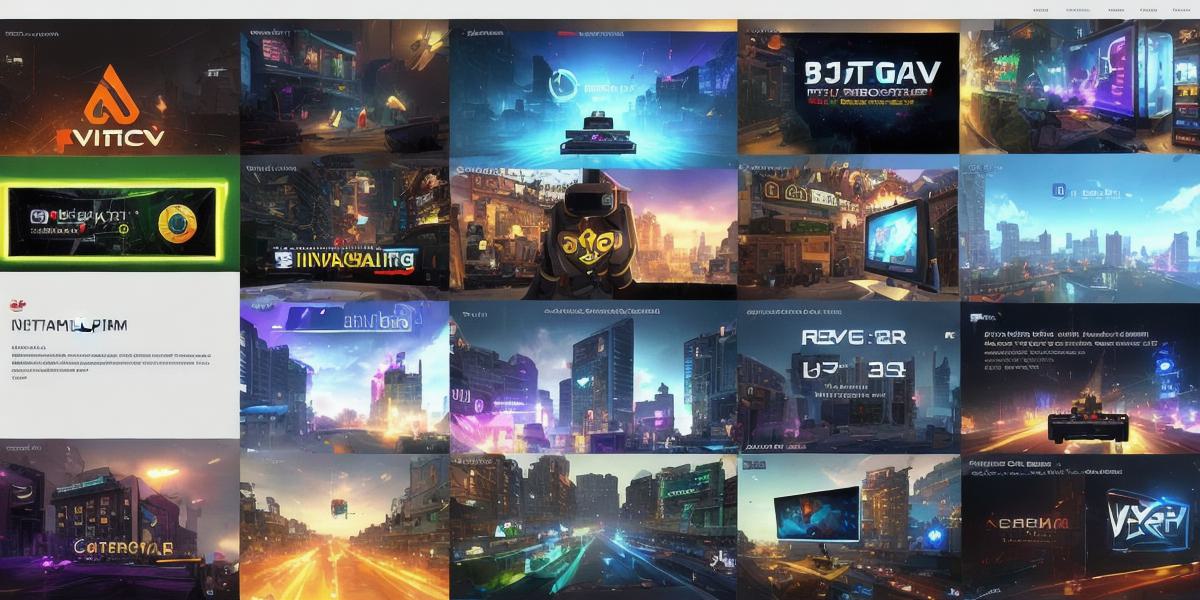When it comes to negotiating salaries, there are several key factors that aspiring game developers should consider. These include location, experience, skill set, and company size. By understanding these factors and how they impact salary negotiations, junior game developers can increase their chances of securing a fair and competitive salary.
One of the most significant factors that can affect salary is location. In cities like San Francisco and New York, where the cost of living is high, salaries for junior game developers are typically higher than in smaller cities or rural areas. For example, according to Glassdoor data from 2019, the average base salary for a junior game developer in San Francisco was $85,000 per year, compared to an average of $63,000 per year in other locations.
Experience and skill set are also important factors that can impact salary negotiation for junior game developers. Those with more experience and proficiency in specific programming languages, game engines, and design tools may command higher salaries. On the other hand, those with less experience and limited knowledge of certain technologies may earn lower salaries.

Company size is another important factor that can impact salary. Startups often offer opportunities for growth and advancement but may not be able to provide the same level of compensation as larger corporations. This means that junior game developers working for startups may have to negotiate for a higher salary to make up for the potential lack of advancement opportunities. Conversely, those who work for larger corporations may have more opportunities for growth and advancement but may also be subject to less flexibility in terms of salary negotiations.
Case studies and personal experiences can provide valuable insight into how these factors impact salary negotiation. For example, John was able to transition from a small indie studio in a rural area to a larger company in a more competitive market, increasing his salary from $45,000 to $70,000 per year due to his increased experience and skill set. Sarah, who started out working for a small startup in San Francisco, was able to negotiate a raise to $80,000 per year after two years of hard work due to her location and growing skill set.
To effectively negotiate salary, it’s important to research market rates for junior game developers in your area, consider your experience and skill set, and provide evidence of your value to the company. Communicating clearly and professionally with your employer is also crucial. It’s important to remember that negotiation is a two-way process and should be approached with a willingness to listen to your employer’s needs and concerns.
In addition to negotiating salary, there are several other strategies that aspiring game developers can use to increase their earning potential. Building skills and experience, staying up-to-date with industry trends, and seeking opportunities for growth and advancement within your company or through external training programs can all help increase earning potential as a junior game developer.
In conclusion, determining the average salary for junior game developers can be challenging due to various factors including location, experience, skill set, and company size. However, by understanding these factors and using case studies and personal experiences to illustrate how they impact salary negotiation, aspiring game developers can increase their chances of securing a fair and competitive salary. Building skills and experience, staying up-to-date with industry trends, and seeking opportunities for growth and advancement are also important strategies for increasing earning potential as a junior game developer.



